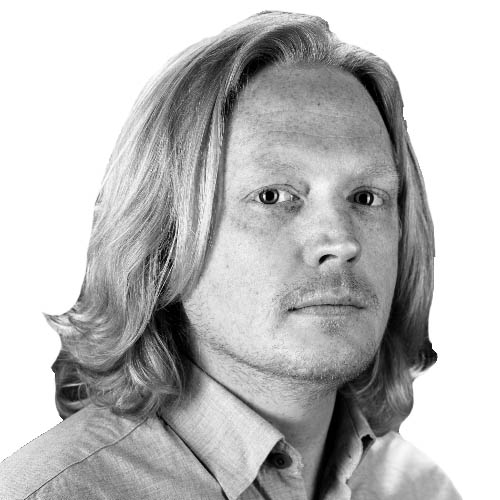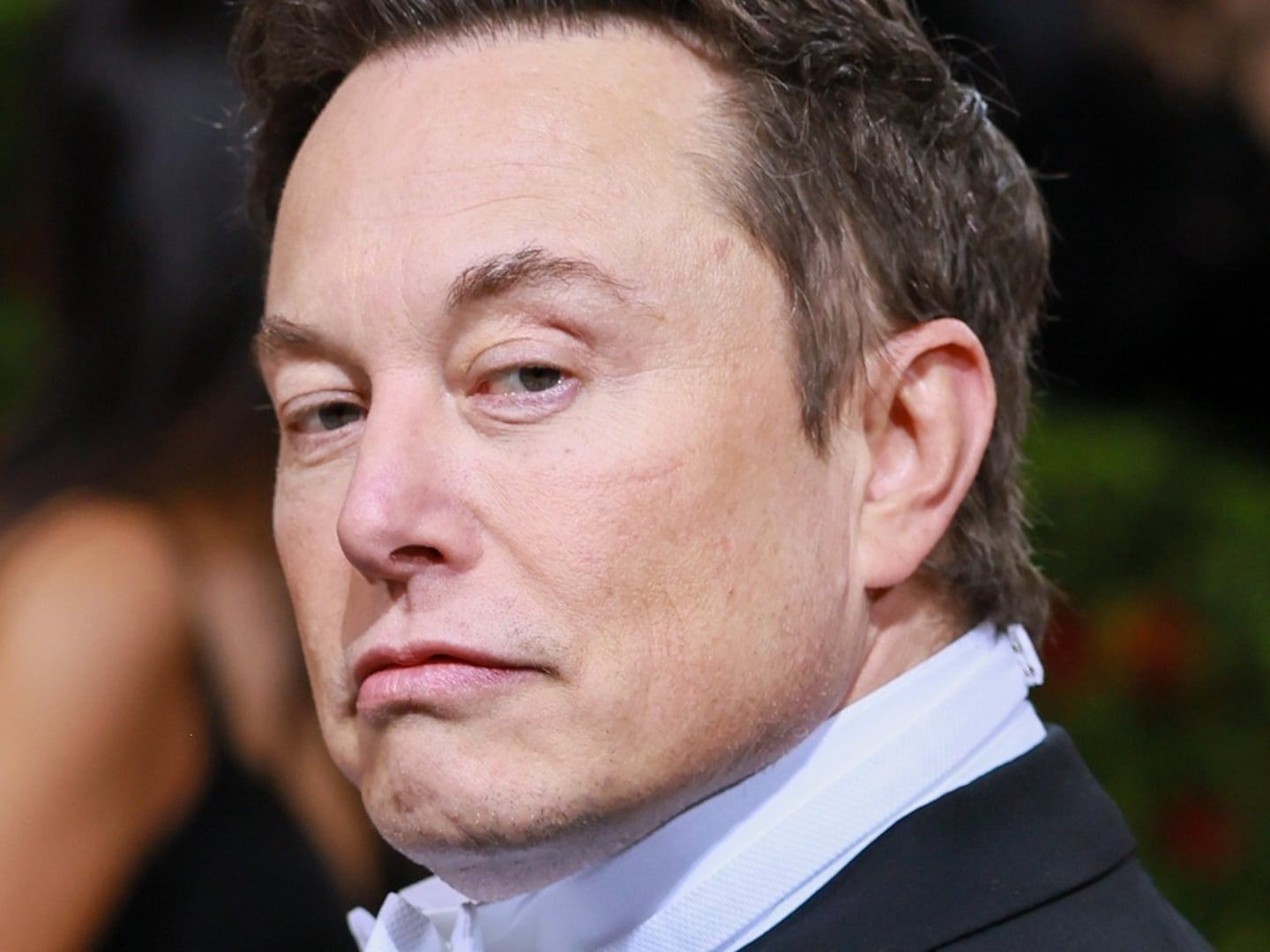U.S. News
(Antonio Perez/Chicago Tribune, via Landov
Prosecutors: White Chicago Cop Shot Black Teen As He Lay Dying
JUSTICE
Jason Van Dyke was charged with first-degree murder for firing a dozen bullets into Laquan McDonald after he hit the ground—and it’s all on video.





